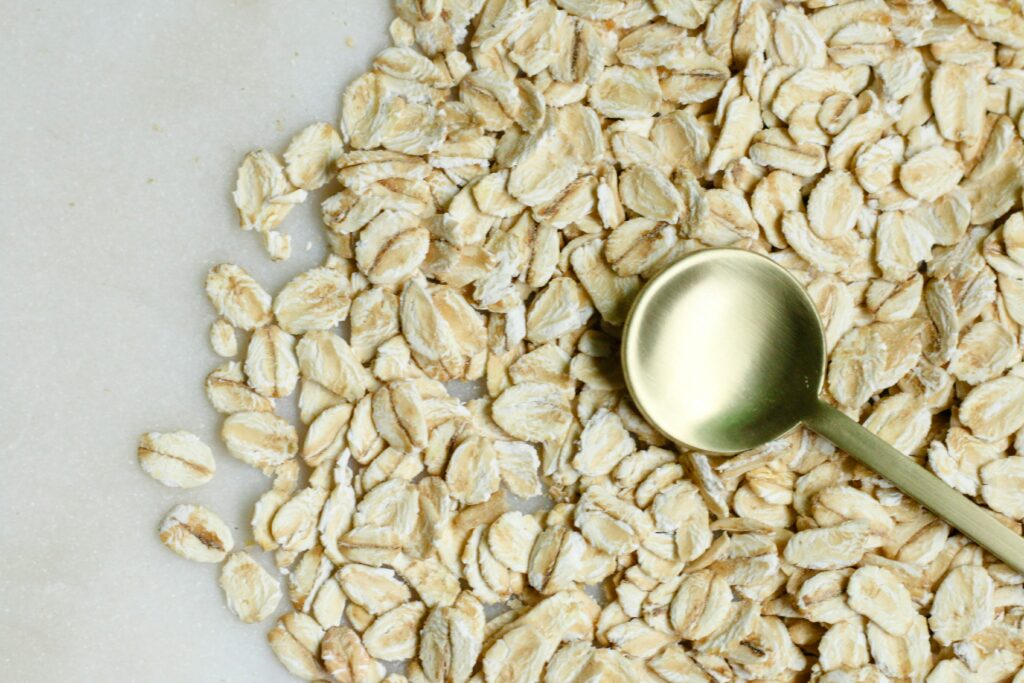Carbohydrates Are Your Friends, Not Your Foes

Carbohydrates are a hot topic in the nutrition industry. They’ve been vilified, celebrated, and everything in between. Overall, it seems that many people feel that carbs are bad and should be avoided. Get your protein, fiber, and fat, says pretty much everyone. But no one seems to be saying to get your carbs!
What exactly are carbs, and why should you care about them? Let’s explore the different types of carbohydrates and uncover why they’re an essential part of a healthy diet.
Understanding Carbohydrates
The three main types of carbohydrates are fiber, starch, and sugar. Carbs are the body’s preferred source of energy, providing fuel for your daily activities, whether that’s hitting the gym or simply powering your brain as you go about your everyday tasks.
Let’s break down the three types of carbohydrates:
Sugar (sometimes called simple sugars) is the simplest form of carbohydrate. It’s found naturally in fruits, vegetables, milk, and of course processed foods. Some of these include glucose, fructose, and galactose (monosaccharides). Glucose is found naturally in fruits and vegetables as well as syrups, honey, and processed foods. Fructose is found in fruit. And although it sounds like an arcade game, galactose is the sugar found in milk.
Starch is a complex carbohydrate that is present in grains, vegetables, and legumes. It is made up of multiple sugar units bonded together. Starch is a polysaccharide, which means that it is a chain of one type of molecule. Starch typically fits into three categories: rapidly digestible starch (potatoes, bread), slowly digestible starch (cereal grains), and resistant starch (acts like fiber and is found in various foods, including grains, potatoes, beans, and unripe bananas).
Fiber is in fact a complex carbohydrate. It’s found in fruits, vegetables, whole grains, and legumes and is known for promoting digestive health and controlling blood sugar levels.
The Importance of Healthy Carbs
Not all carbs are created equal. Some are packed with essential nutrients, while others offer little more than empty calories. The key is to focus on healthy carbs—those found in whole, natural foods—as opposed to processed or refined carbs.
Whole-food carbohydrates retain their fiber and antioxidants and offer a wide range of health benefits. Fiber, for example, helps keep you full, supports healthy blood glucose levels, and even lowers the risk of chronic diseases like colorectal cancer.
On the other hand, highly processed carbs, like fine white flour and table sugar, are stripped of their nutrients during manufacturing. They usually offer very little nutritional value and can potentially contribute to inflammation and health issues.
Exploring Healthy Carbohydrates
Now that we understand the importance of consuming healthy carbs, let’s explore some delicious and nutritious options:
Quinoa is a pseudocereal rich in protein, fiber, and minerals. It is linked to improved blood sugar management and heart health support.
Oats are high in fiber and even protein too if that’s your concern. Oats have been shown to reduce cholesterol levels and support healthy weight management.
Bananas are packed with potassium and resistant starch (when they’re less ripe), bananas support heart and digestive health. As bananas ripen, their starch breaks down into simple sugars (that’s why they get sweeter as they ripen). So if you want to get the starch benefits, eat them while they’re still a little green.
Sweet potatoes are rich in vitamins, minerals, and antioxidants. They offer numerous health benefits, including immune support and disease prevention.
Kidney beans are of course a good source of protein but also antioxidants. Kidney beans promote blood sugar regulation and reduce the risk of colon cancer.
Chickpeas (garbanzo beans) are high in fiber and protein. Chickpeas support heart and digestive health and may also help prevent certain types of cancer.
Dates are naturally sweet and rich in fiber and essential nutrients. Dates make a delicious and nutritious snack or dessert option. Some people even call dates “nature’s caramel”!
Lentils are high in protein, fiber, and essential minerals. They support digestive health and provide long-lasting energy.
Carbs and Weight Management
Contrary to popular belief, carbs aren’t the enemy when it comes to weight management. In fact, whole-food carbohydrates can be an essential part of a balanced diet, helping you feel full on fewer calories and supporting overall health.
While low-carb diets may lead to initial weight loss due to water loss, they’re often difficult to sustain in the long term, and they may even increase the risk of health issues like high cholesterol.
Instead of demonizing carbs, focus on making informed choices and prioritizing whole, natural foods rich in healthy carbohydrates. By including a variety of fruits, vegetables, whole grains, and legumes in your diet, you can enjoy the many benefits of carbohydrates while supporting your overall health and well-being.
